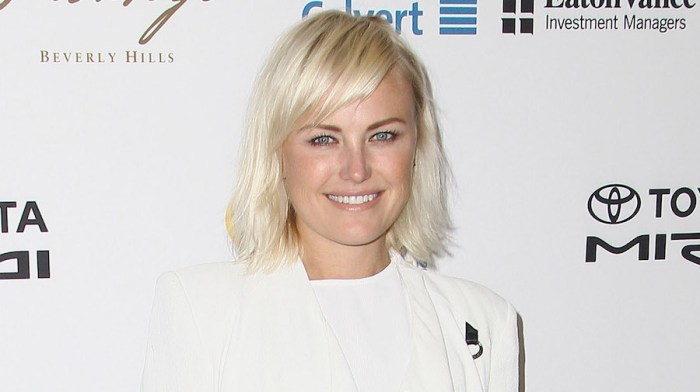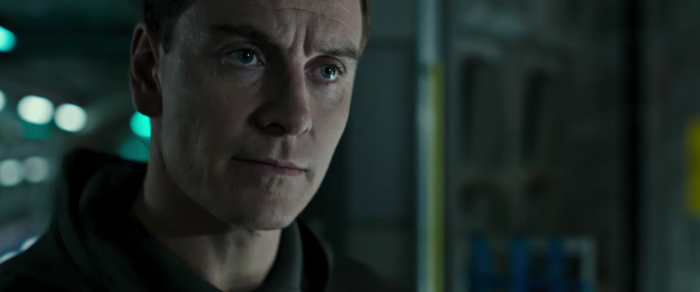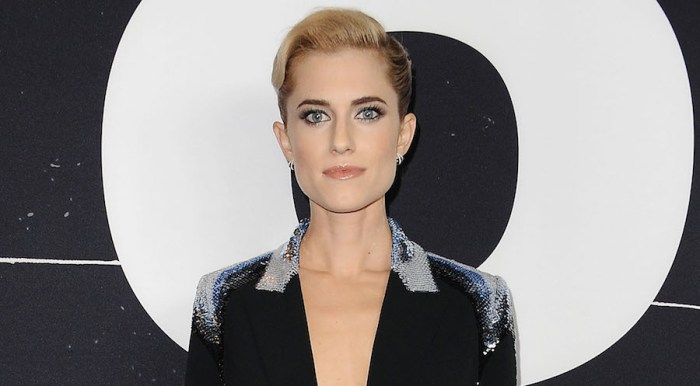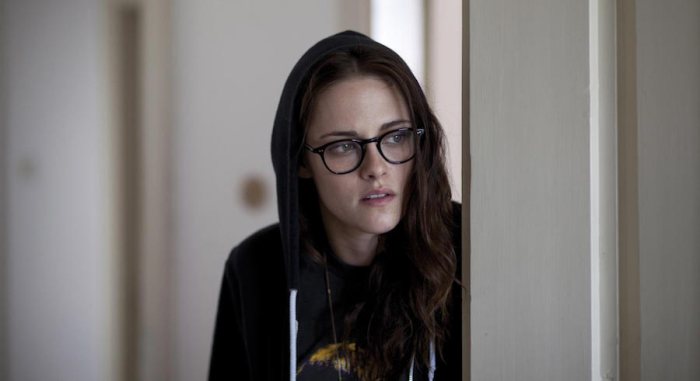The second weekend of the New York Film Festival (of three) brings with it three splashy debuts. Locals will be the first in the world to see “Bridge of Spies,” Steven Spielberg’s latest trip to the past, unearthing the story of how American lawyer James B. Donovan (Tom Hanks) negotiated with the post-Axis powers mid-Cold War for a trade-off between an American pilot and a Russian spy (theater god Mark Rylance). It boasts a screenwriter credit from Joel and Ethan Coen, which is more than you can say for “Where to Invade Next,” Michael Moore’s latest thumb-in-the-eye of power, which this time finds him, as in “Sicko,” globe-trotting, doing his faux-naif routine while busting up the facade of American exceptionalism. RELATED: Our handy guide to doing the 2015 New York Film Festival Then there’s “Steve Jobs,” which tells a tale that has already been told on film twice, though neither was written by Aaron Sorkin (or directed by Danny Boyle). And neither took a bold anti-biopic approach, with only three, lengthy sequences. Trailing Michael Fassbender’s Apple wizard as he mounts three separate tech unveilings, all while dealing with headaches and old nemeses (Seth Rogen’s screwed-over Steve Wozniak, a justifiably angry ex played by Katherine Waterston), each episode is a flurry of scampering around, batted-about Sorkinese and heady ideas, concerning not only Jobs’ temperament but about how his creations forever altered human interaction. But there’s more than biggies that you’ll soon be able to see in regular release. Then again, not even Spielberg is as accomplished as Frederick Wiseman, who every year, or thereabouts, somehow cobbles together an epic documentary about an institution or a community. He’s 85. “In Jackson Heights,” his 40th-or-so film, is of the latter breed, dropping in on the Queens neighborhood to soak in the good (unparalleled diversity, great music) and the bad (gentrification, old shops facing eviction). As he’s done since 1967’s “Titicut Follies” — and in greats like “High School,” “Welfare,” “Near Death,” “Central Park,” “Public Housing” and so, so, so many more — Wiseman doesn’t just hang. His films are careful, meticulous constructions. He doesn’t use voiceover, he doesn’t contextualize and he doesn’t even make obvious the complex argument he’s making, even on the occasions when his point is impossible to miss. If something is in his films it’s there for a reason, whether it’s a montage of street fronts, bands entertaining audiences or lengthy meetings, during which we might feel we can trail off, but shouldn’t. Here he gives voice to the ignored and oppressed, most often dropping in on support groups for minorities as they sound off to each other, and now to us. No one has as clear an eye as Wiseman, and over three hours he makes mere observance seem immersive. A different kind of master, French filmmaker Arnaud Desplechin’s films are even more overstuffed with pure stuff, often brimming over the pot. “My Golden Days” is not only one of his busy looks at the love lives of the over-stimulated, like “Kings and Queen” and “A Christmas Tale.” It’s a prequel, of sorts, to his 1996 great “My Sex Life…or How I Got into an Argument,” catching back up with grouchy Paul Dedalus (Mathieu Amalric, Desplechin’s own Robert De Niro) as he reflects back on his youth, when he’s played by the charismatic Quentin Dolmaire. Chief among his obsessions is his on-off relations with Esther, once played by Emmanuelle Devos, now portrayed by Lou Roy-Lecollinet, whom he pursues right before he’s whisked away to school. That Roy-Lecollinet looks little like Devos (she’s blond, for one) is a sign that Desplechin doesn’t mean this as a strict brother film to “My Sex Life.” It’s free to do whatever it wants — to bottle up a story of young romance that’s definitely familiar but also infused with the filmmaker’s exceedingly unique voice. It teems with details, with grumpiness, with romanticism and with ever-darting camerawork, all in service of capturing if not Desplechin’s own golden days then that feeling where every sensation feels new and decidedly extreme. Then there are the old titans. Luchino Visconti’s 1960 monster “Rocco and His Brothers” is shown off in a new restoration by Milestone Films, who semi-recently did up the work of Shirley Clarke (“A Portrait of Jason,” etc.). No doubt Alain Delon, one of the truly perfect specimens ever caught on film, and Claudia Cardinale, ditto, look a beaut in the new digs, though the real attraction should be Visconti’s lush camerawork and way with mood. Delon is one of five bros who head to the big, bad city of Milan, where lovingly overwrought melodrama awaits. Visconti was gearing up for what might be his biggest masterpiece, 1963’s Burt Lancaster-starring “The Leopard,” which found him giving himself entirely over to expressionism. But this is close. Lastly, this is the weekend of “Projections,” the newish name for the sidebar that was once called “Views from the Avant-Garde.” We haven’t seen any of them, but anytime the ever-lovable Jodie Mack — a retro-styled animator, crafting some of the most eye-pleasing images in modern film — has a newb is cause for celebration. Tickets go fast for these, so best just to roll the dice, get whatever you can and see something genuinely new and challenging. Please visit the New York Film Festival site for listings and tickets.
Follow Matt Prigge on Twitter @mattprigge
What to see during the second weekend of the New York Film Festival
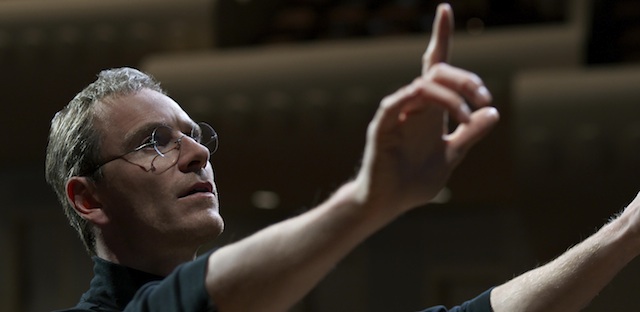
NYFF











